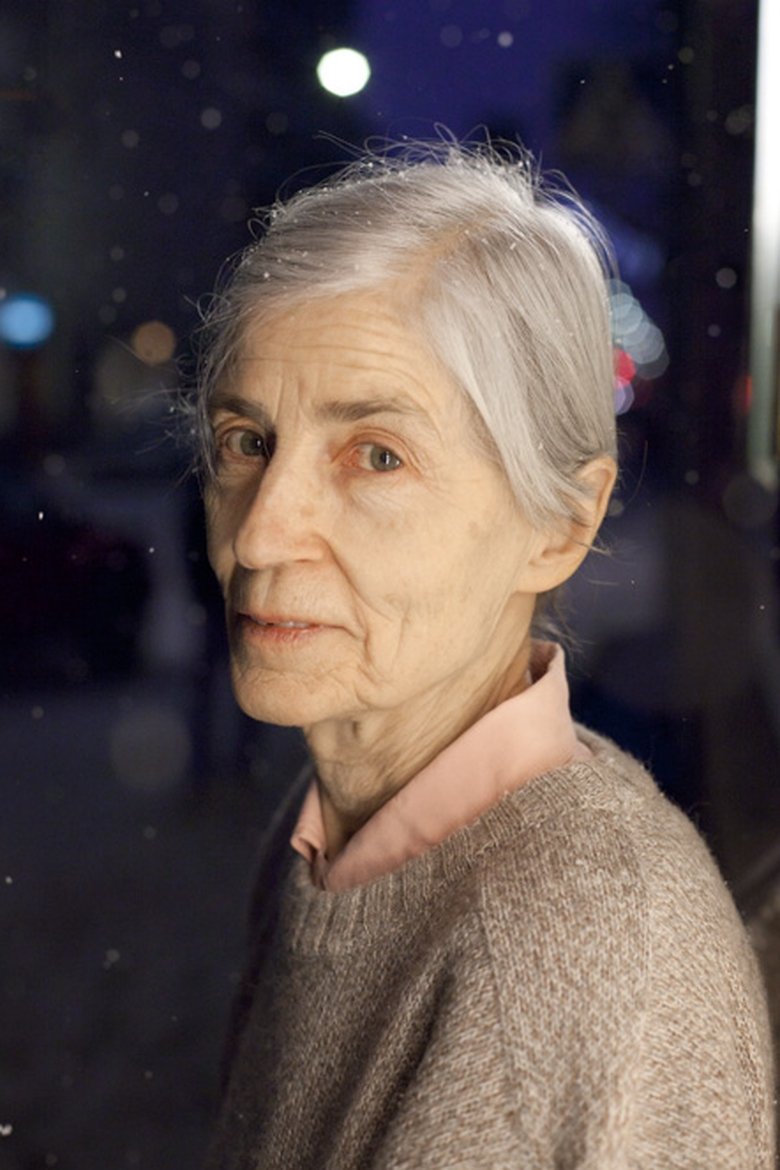
Rose Lowder
Biography
Rose Lowder (born in 1941 in Miraflores, Lima, Peru) is a French filmmaker. From 1947 to 1958, Lowder studied at the Colegio San Silvestre, Miraflores. She then specialized in fine arts studies in artist’s studios and art schools in Lima, Peru (The Art Center (1951-1957), La Escuela de Bellas Artes (1957-1958) then in London (Regent Street Polytechnic, 1960-1962), Chelsea School of Art (1962-1964). While in London, she pursued artistic practice while working as an editor in the film industry (1964-1972). After 1977, Lowder worked on the visual aspect of the cinematographic process and had Jean Rouch, as well as his department from the Université Paris X, and presented a part of her research for a PhD entitled ‘Le film expérimental en tant qu’instrument de recherche visuelle/Experimental film, a tool for visual research’ (1987). In action since 1977, she has been programming rarely shown films as the co-founder of the Archives du film expérimental d’Avignon (AFEA, 1981), aiming to acquire 16mm films and paper documents, as well as publishing several books; Lowder was thus able to make these works more accessible to the public: ‘La part du visuel, films expérimentaux canadiens/ The Visual Aspect, Canadian expérimental films’ (AFEA, 1991), ‘L’Image en mouvement’ (AFEA, 2002), ‘Images/discours’ (AFEA, 2006). From 1996 to 2005, Lowder was an associate professor at the Université de Paris I and taught practice, history, theory and aesthetics. By focusing her research on visual perception in relation to the cinematographic means of expression, Lowder concentrated on the various ways in which one can alter the graphic and photographic visual features of the images as it metamorphoses in time. As a result of this work, she was able to compose the image in the camera by interweaving the frames as the film strip passes the lens several times. This method of working is meticulous and complex because it consists of recording a series of images, frame by frame, in the camera, in order for them to appear simultaneously when projected on the screen.